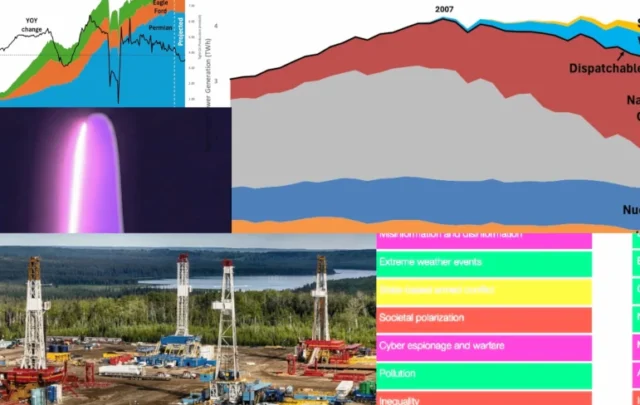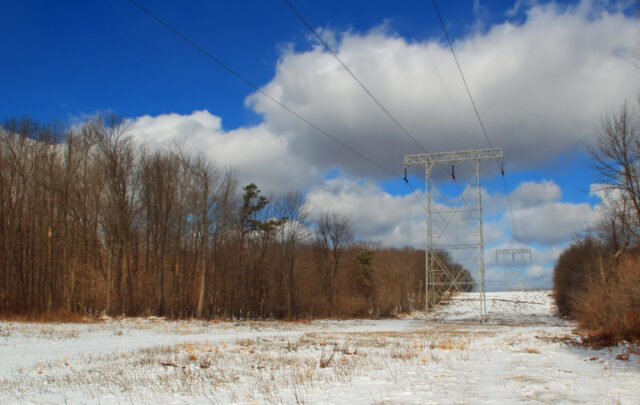A new study has been accepted for publication in the journal of Energy Policy. The article performs an analysis of the oil production forecast done by the International Energy Agency in 2008 and highlights several shortcomings as well as confirms other parts.
Abstract:
The assessment of future global oil production presented in the IEA’s World Energy Outlook 2008 (WEO 2008) is divided into 6 fractions; four relate to crude oil, one to non-conventional oil and the final fraction is natural-gas-liquids (NGL). Using the production parameter, depletion-rate-of-recoverable-resources, we have analyzed the four crude oil fractions and found that the 75 Mb/d of crude oil production forecast for the year 2030 appears significantly overstated, and is more likely to be in the region of 55 Mb/d. Moreover, analysis of the other fractions strongly suggests lower than expected production levels. In total, our analysis points to a world oil supply in 2030 of 75 Mb/d, some 26 Mb/d lower than the IEA predicts.
The connection between economic growth and energy use is fundamental in the IEA’s present modelling approach. Since our forecast sees little chance of a significant increase in global oil production, our findings suggest that the “policy makers, investors and end users” to whom WEO 2008 is addressed should rethink their future plans for economic growth. The fact that global oil production has very probably passed its maximum implies that we have reached the Peak of the Oil Age.
The study is available online as PDF:
http://www.fysast.uu.se/ges/en/headline-news/the-peak-of-the-oil-age























